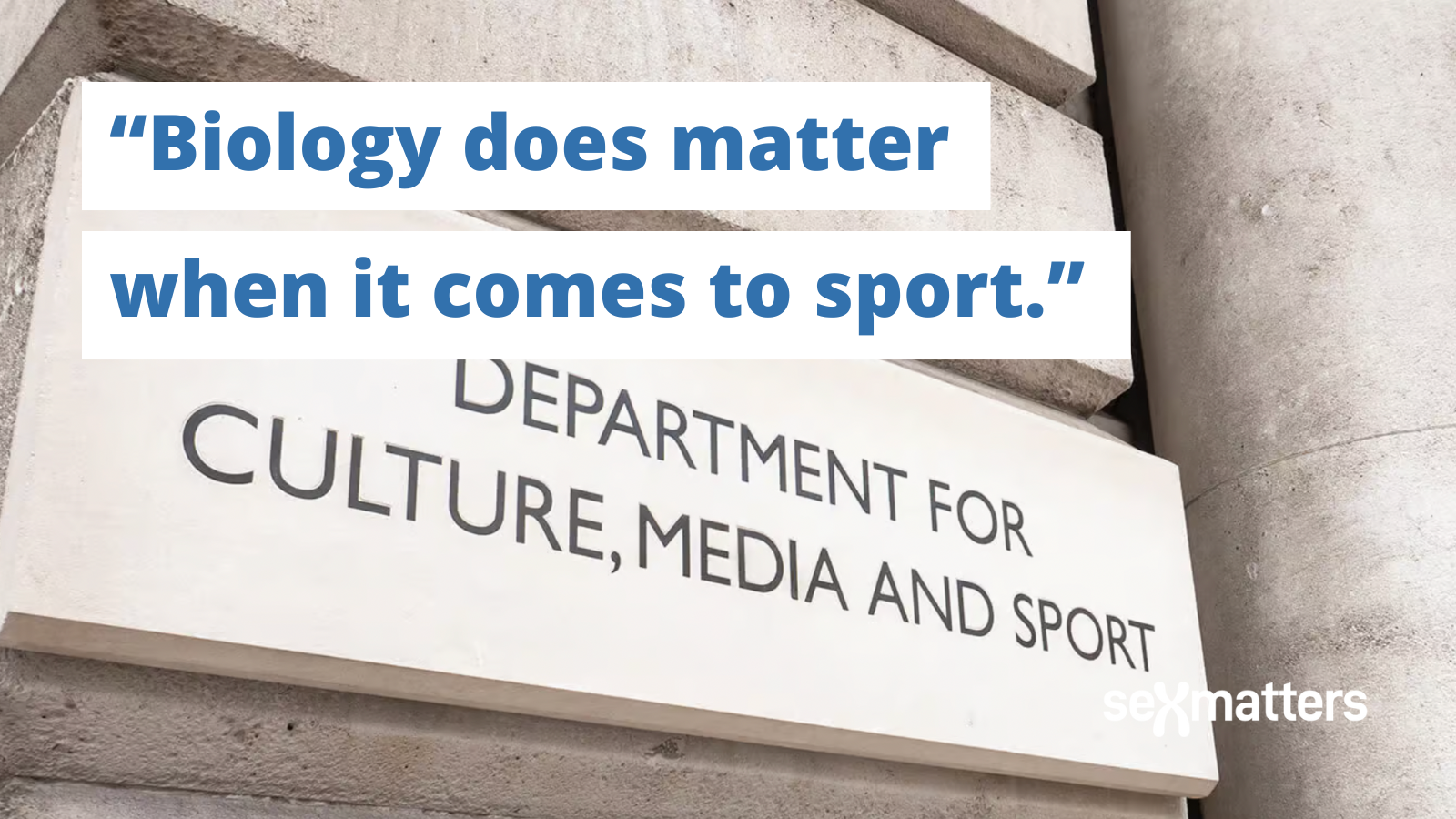Is Labour positioning itself to fix the mess in women’s sports?

On 23rd July The House magazine, a publication for MPs and peers, published an interview with the new Secretary of State for Culture, Media and Sport, Lisa Nandy MP. In it, she said that sport governing bodies should make their own policies concerning trans inclusion, rather than leaving it to the government to make a blanket rule:
“I think most have come to the conclusion that – although they want to be as inclusive as possible – biology does matter when it comes to sport, and that it’s impossible to balance the requirement of fairness without ensuring they take biology into account. I think that’s broadly sensible.”
This is a welcome change in position from Nandy, who used to say that “trans women are women” even in extreme situations such as prison allocation. But it’s one thing to make such statements while in opposition; quite another to make them when you’re a Secretary of State and your job is to think through the implications of policies for everyone. Nandy’s recognition that biology matters in sport is the right starting point for an open dialogue on how the government can work with sport governing bodies to make all sports, at all levels, fair for women and girls.
Once that starting point is established, the end point is obvious, though it may take some time to get there. Everyone should be treated with respect and given access to fair competition, but identity claims cannot be allowed to override biological reality, and fairness and inclusion for women means keeping all men out of women’s events, no matter how those men identify. Under pressure from women’s-rights campaigners, many sports bodies that used to allow men who identify as women to participate as women have reversed course, and more are in the process of doing so.
One report by The Telegraph suggested that Nandy had said that some male competitors should be allowed to compete against women:
“Biologically male competitors should be allowed to take part alongside women, says Labour’s Lisa Nandy.”
But this is not an accurate summary of what Nandy was saying.
She did say that most sports were currently getting it right. Perhaps she was thinking of the big three Olympic sports – governed in the UK by UK Athletics, British Swimming and British Cycling – all of which have excluded anyone who has been through any part of male puberty from the female category. But policies are all over the place from sport to sport. Some have protected female categories, while others are based on self-identification, subjecting women and girls to unfairness, the risk of injury and exclusion at all levels.
Cricket and tennis, for example, continue to allow males to self-identify into the women’s category. Football still allows men to play as women: there are 72 trans-identifying male players in women’s football in England alone.
It’s almost three years since the Sports Councils Equality Group issued its revised transgender inclusion guidance. In a huge step away from the previous version, the 2021 guidance said that it is not possible to balance fairness for females with inclusion of males in the female category in “gender-affected” sport. Nandy’s interview illustrates that she understands this and supports governing bodies that have restored fairness for women.
It would hardly be surprising if Nandy doesn’t yet fully grasp what a mess sports are in. Many sport governing bodies are currently in an extended “review” process. This seems to acknowledge that their current approach is unfair for women and girls while postponing, seemingly indefinitely, the moment when they will have to tell individual trans-identifying males that they are no longer welcome in women’s events.
But they need not be so reluctant. Sports such as volleyball and badminton, which have done precisely this, remain “trans-inclusive”. They have created suitable categories for everyone by introducing “open” events for people with all gender identities and none. Alongside these are mixed events. And finally, by restoring a protected female category, they have become truly female-inclusive. What’s needed now is more sport governing bodies to find their backbone and act. There are 18 million women and girls who engage in sport regularly, so this is not a niche issue. Fairness in sport urgently needs to be restored for women and girls, and we hope to be among those the Culture Secretary meets to help bring this about.
